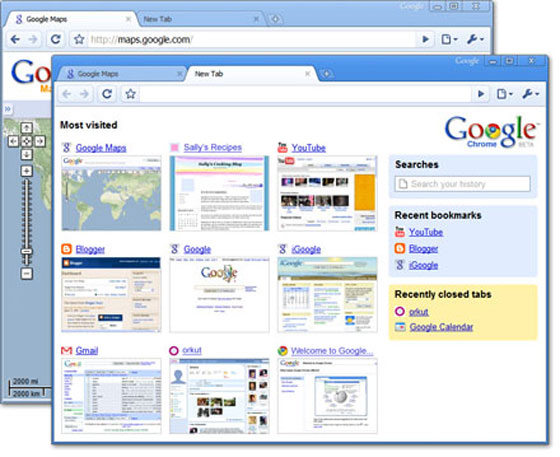 It seems that most of the 3pas technology providers are squarely on the Path-to-Conversion (P2C) band wagon at this point. Last year DoubleClick revealed their Exposure to Conversion report to much acclaim by agencies and marketers alike. Not to be outdone, Atlas soon after revealed a similar offering called engagement mapping. To add to the mix Mediaplex, a ValueClick company, also started pushing their P2C data and analytics service. All of these products try to solve the same problem, which is how do you get beyond the last click or last impression conversion attribution methodology.
It seems that most of the 3pas technology providers are squarely on the Path-to-Conversion (P2C) band wagon at this point. Last year DoubleClick revealed their Exposure to Conversion report to much acclaim by agencies and marketers alike. Not to be outdone, Atlas soon after revealed a similar offering called engagement mapping. To add to the mix Mediaplex, a ValueClick company, also started pushing their P2C data and analytics service. All of these products try to solve the same problem, which is how do you get beyond the last click or last impression conversion attribution methodology.Most conversion reports give credit for the conversion to the last banner a user saw or clicked on prior to converting. In other words, all of the previous interactions that a user may have had with an advertising campaign prior to converting are completely discarded when it comes to conversion counting. This assumes that only the last click or last impressions matters, but not so says the 3pas technology providers. Mediaplex claims that 70% of conversion events are influenced by multiple channels.
In analyzing aggregated results from campaigns conducted for clients over the past seven months, Mediaplex found that 70% of conversions were preceded by exposures or interactions with two or more online channels prior to the final conversion event. The analysis also revealed that 45% of the conversions credited to paid search were preceded by an exposure and/or interaction with at least one of the client's display advertising banners prior to converting.
Atlas claims that
typically, between 93-95% of audience engagements with online advertising receive no credit at all when advertisers review campaign ROI. That presents a substantial margin for missed opportunity.
Each 3pas P2C offering tackles the problem in a slightly different way. While none of these offerings are perfect, the fact that all of the major 3pas providers are playing in this space means that most advertisers are looking for a solution to this problem. Further, the 3pas players need a way to show that display advertising is still relevant in the face of mounting pressure from Google and the likes. The best way to prove the value of display is to show that customers are typically exposed to, and sometimes interact with, a banner ad prior to making a search conversion. With this tool in hand, marketers can now feel justified keeping or adding to their display advertising budgets.
All three offerings provide a lot of data for advertisers to use while analyzing their conversion paths. However, none of them provide the answers that advertisers need. Advertisers will be best served by deciding what attribution model best suits their business and going with that. It will be a long time before any of the 3pas providers produce a system that can formulate a unique attribution methodology perfect for each individual advertiser. And if any of them does, then it probably doesn’t work.



